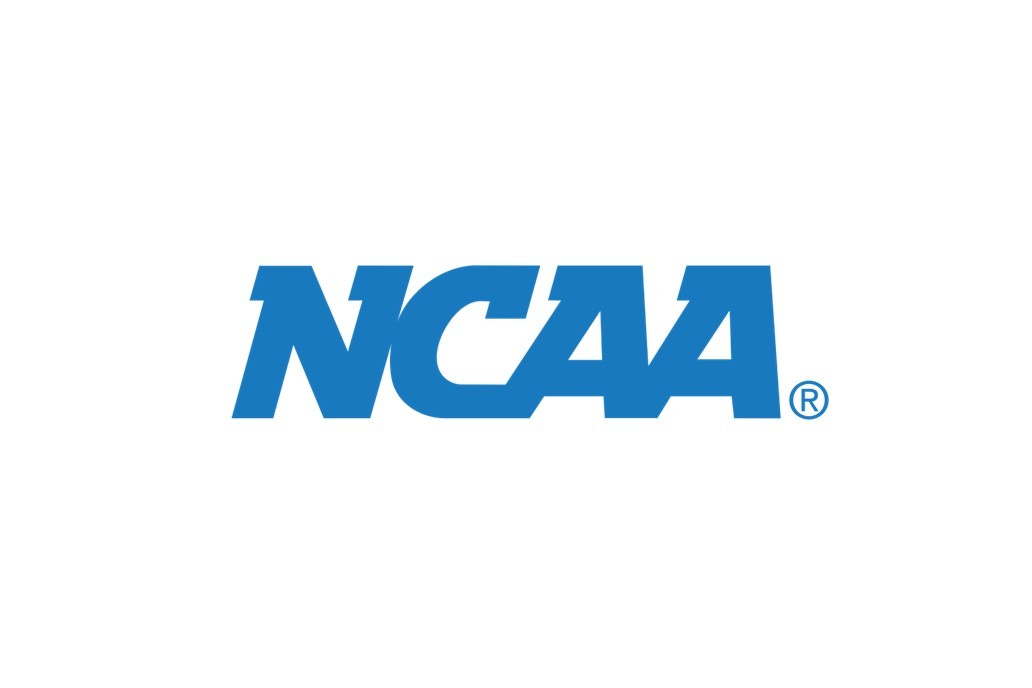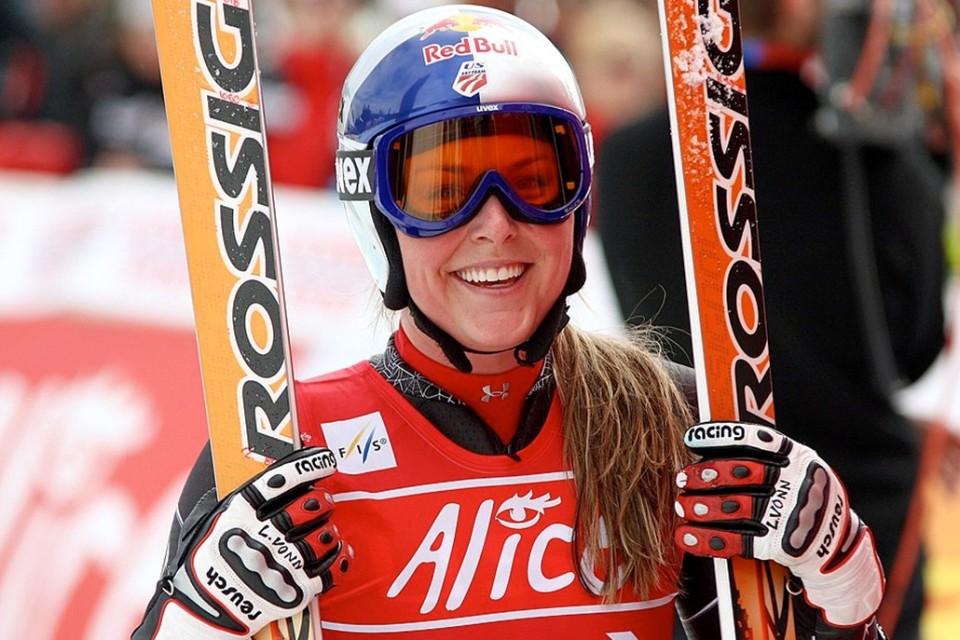Mon, May 12, 2025
Latest court filings to impose roster limits for every NCAA sport

Latest court filings could result in an NCAA settlement approval which would mean that every NCAA sport must abide by roster limits, but the settlement also includes legislation which may enable student-athletes to receive more money. The settlement, named House v NCAA, is unprecedented and could shortly be approved by U.S. District Judge Claudia Wilken, according to Reuters.
Legal action was initiated when former Arizona State swimmer Grant House, former Oregon women's basketball player Sedona Prince and others filed an antitrust lawsuit against the NCAA in 2020 regarding name, image and likeness issues. Last May, a long time after the lawsuit was upgraded to class-action status, the NCAA agreed to settle the lawsuit for $2.75 billion.
Judge Wilken already agreed to the main features of the settlement, including allowing each college to share up to $20.5 million each year directly with their athletes. According to the Independent, Wilken also agreed to the more than $2.7 billion in back pay that will go to players who said that the NCAA and five biggest conferences wrongly kept them from earning name, image and likeness money. However, Wilken had reservations surrounding the roster caps involved in the settlement.
The entire process has taken five years up to this point. Initially, Wilken was hesitant to approve the settlement, and it was stuck in neutral. This is because the legislation had the potential to harm current student-athletes with its roster caps. However, the settlement was rephrased so that: “Division I athletes cut due to new roster caps to be grandfathered in until they complete their eligibility,” and Wilken thought this was more reasonable.
Another new court filing expressed: “Plaintiffs believe that these changes to the settlement Agreement exceed the protections that the Court requested, including by ensuring that any athlete who would have lost a roster spot (or a promised roster spot) for the 2025-2026 academic year will not be subject to roster limits for the durations of his or her Division I athletic eligibility at any school,” which also reassured Wilken by addressing her concerns.
Wilken also voiced that it was unacceptable that the settlement called for replacing scholarship limits (85 for football and 9.9 for men’s wrestling, for example) with roster limits (105 for football, 30 for wrestling). This is because a college can offer scholarships to every player on a team, but that costs significant money and most predicted that scholarship athletes would be dismissed. Wilken called for this to be renegotiated.
However, the legislation is still very likely to harm future student-athletes who may have to give up their sports because of the planned roster caps. For example, some college football teams are already abiding by a hard cap of 105 players, and men’s college basketball is heading towards a 15-player maximum. This legislation also impacts non-revenue sports which also must comply with roster limits. Some current and forthcoming student-athletes have already been told to find new colleges if they desire to continue pursuing their sport.
Wilken is expected to give opponents to the plan a brief period to submit updated objections, but it appears likely that the 1,200 NCAA member schools that have more than 500,000 athletes on various teams will have to start complying with roster caps in the near future.



